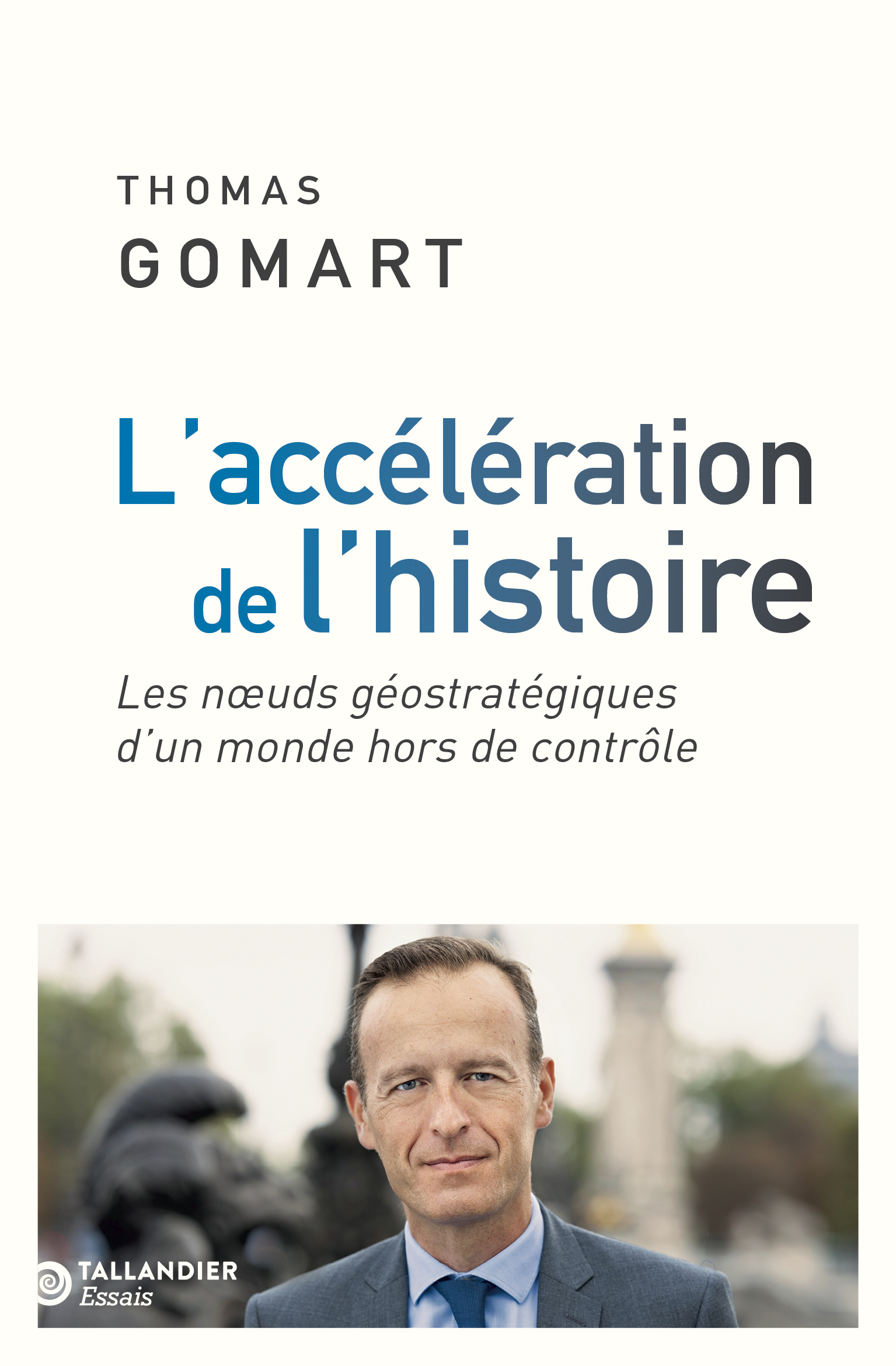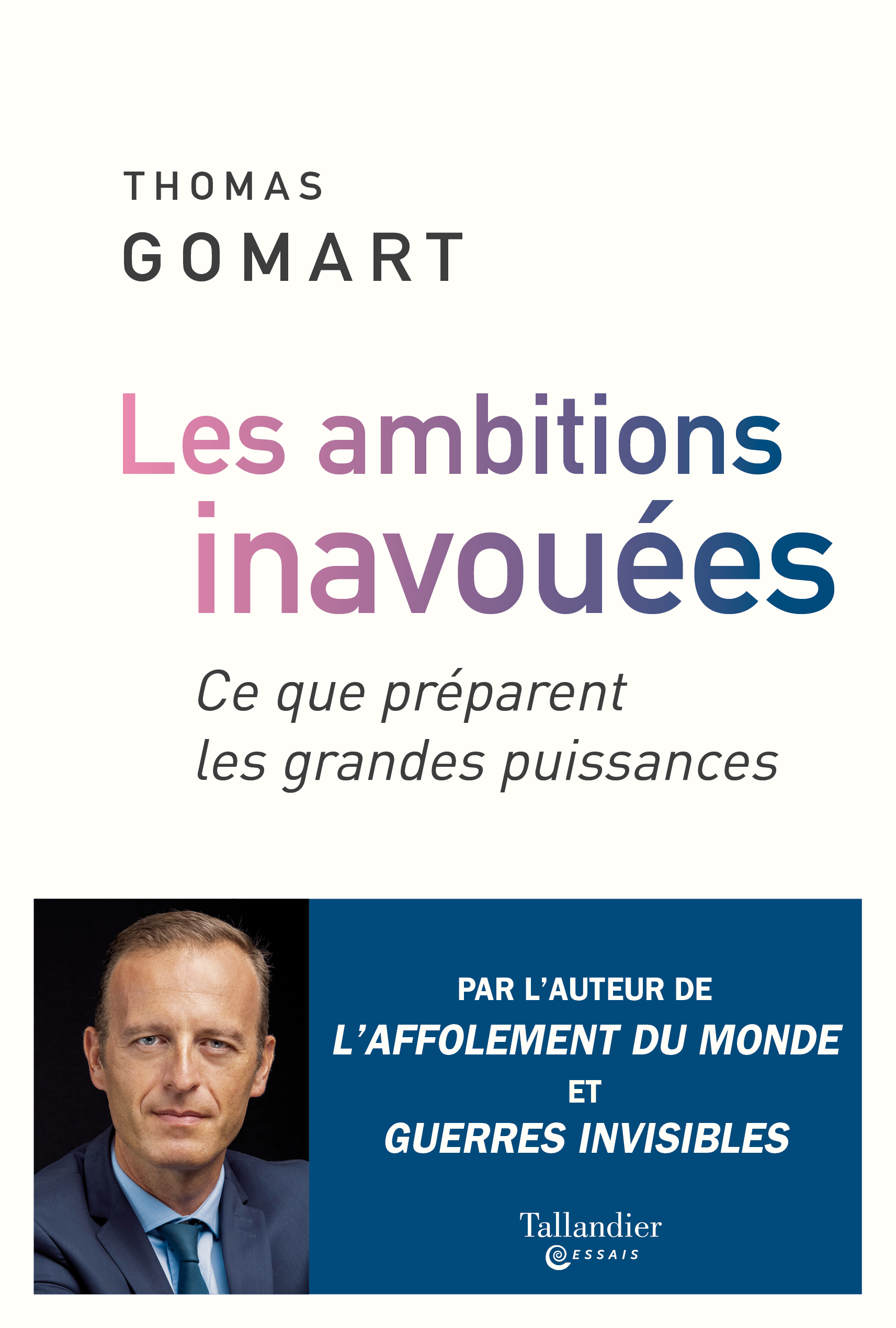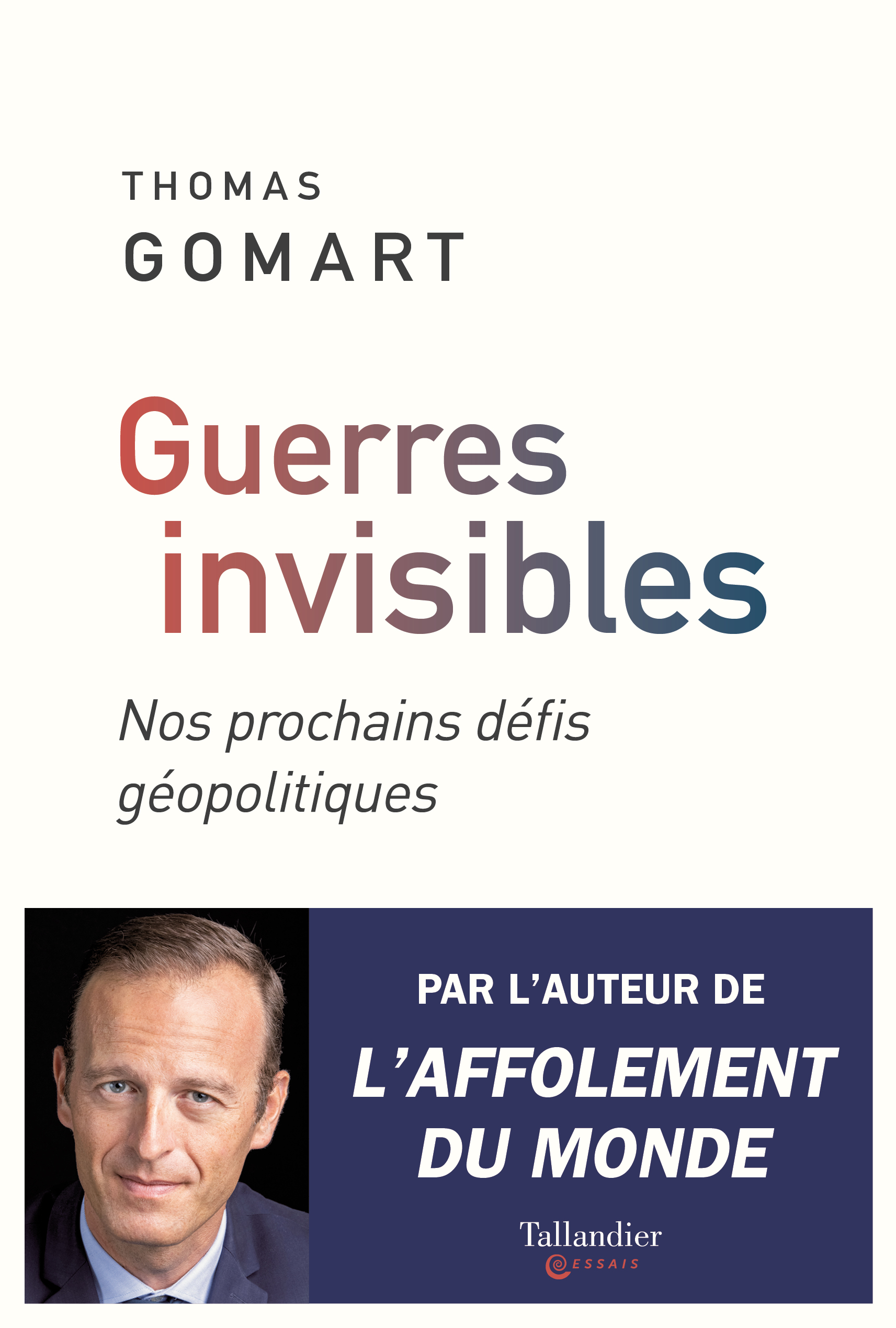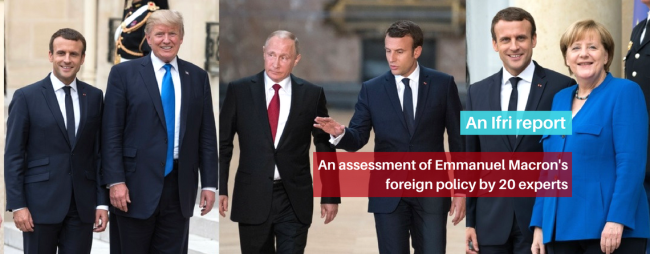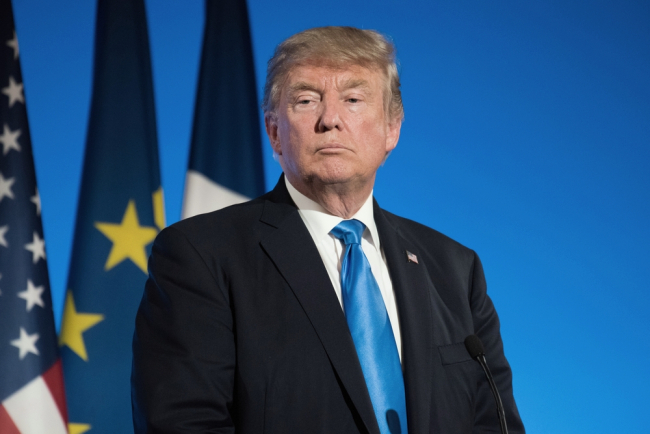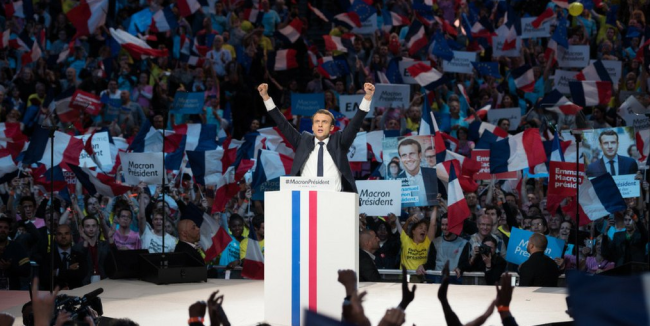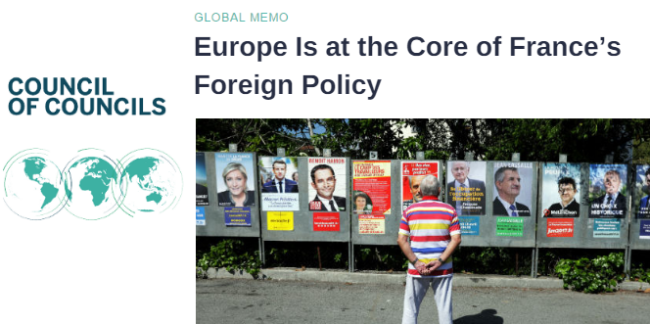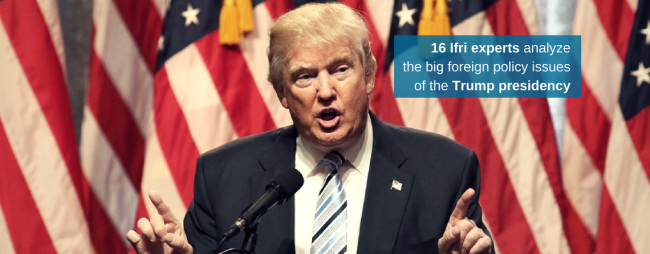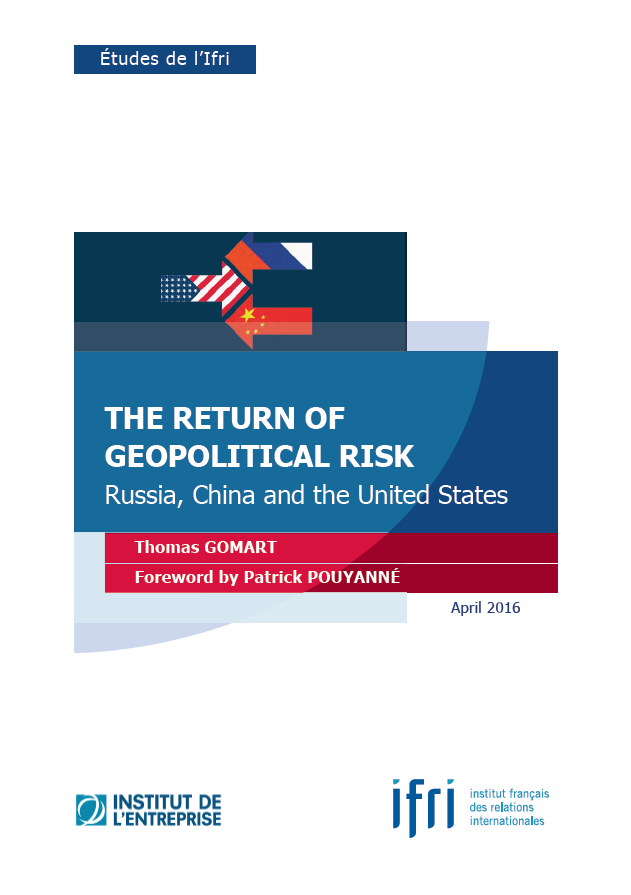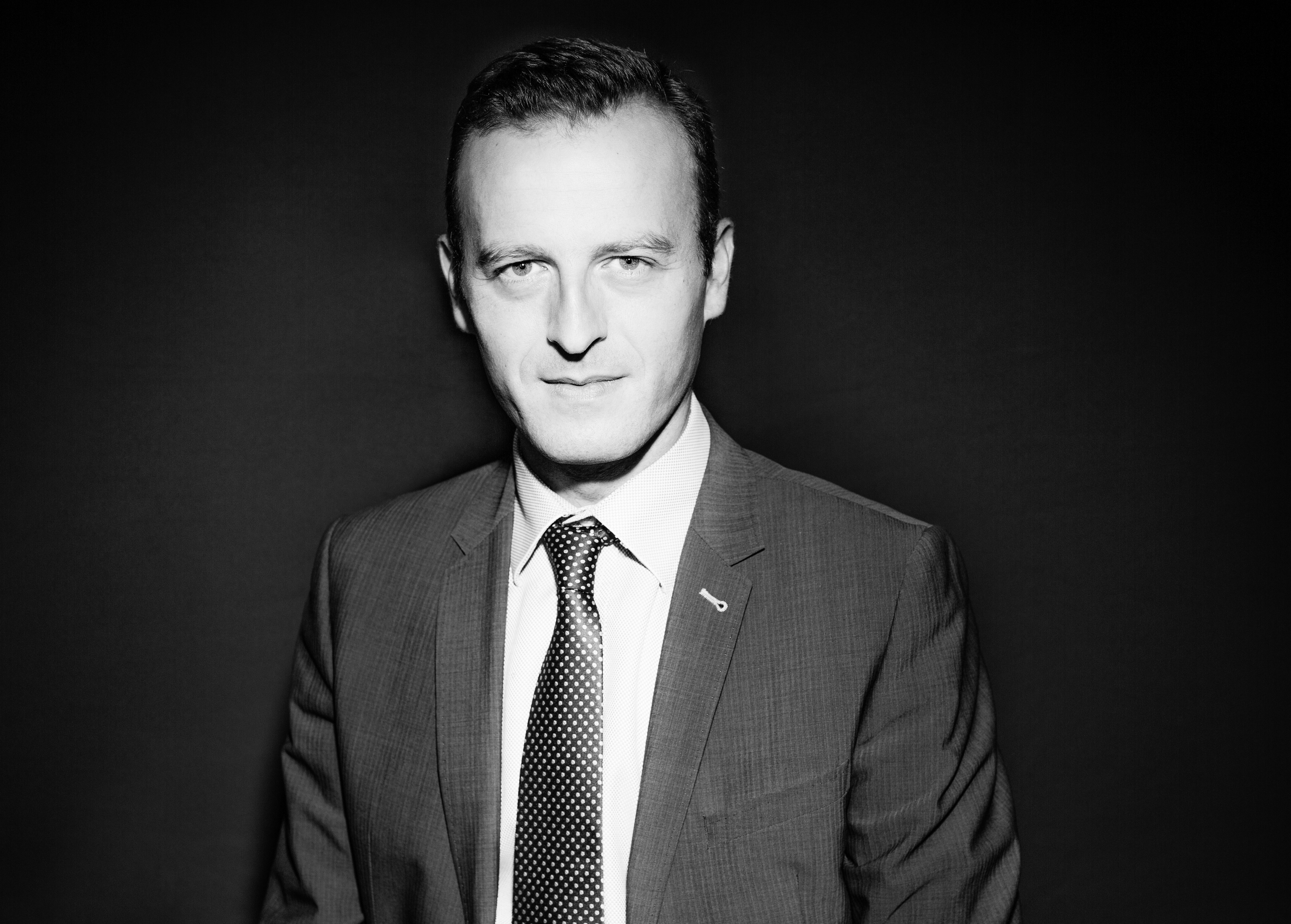
Prénom de l'expert
Thomas
Nom de l'expert
GOMART
Director of Ifri
Research Areas:
- International Relations
- Geopolitical Risk
- Post-Soviet Space
- French Diplomacy
- Energy Issues
- Digital Governance
- Geopolitics and Security
Thomas Gomart has been director of Ifri since 2015. He was a member of the editorial committee of the 2017 National Defence and Security Strategic Review, placed under the authority of the Minister for Armed Forces. Thomas Gomart is a member of the scientific council of Institut des hautes études de défense nationale (IHEDN) and of the editorial board of the journals: Politique étrangère, Revue des deux mondes and Études.
His current work focuses on Russia, digital governance, French foreign policy, geopolitical risk and think tanks.
He recently published L'Affolement du monde (Tallandier, 2019), Guerres invisibles (Tallandier, 2021) and Les Ambitions inavouées. Ce que préparent les grandes puissances (Tallandier, 2023). His latest book, "L’Accélération de l’histoire. Les nœuds géostratégiques d’un monde hors de contrôle", Editions Tallandier, was published in January 2024.
Thomas Gomart has a doctorate in the history of international relations (Paris 1 Panthéon-Sorbonne) and is an EMBA graduate (HEC). He is knight of the National Order of Merit.
See more






